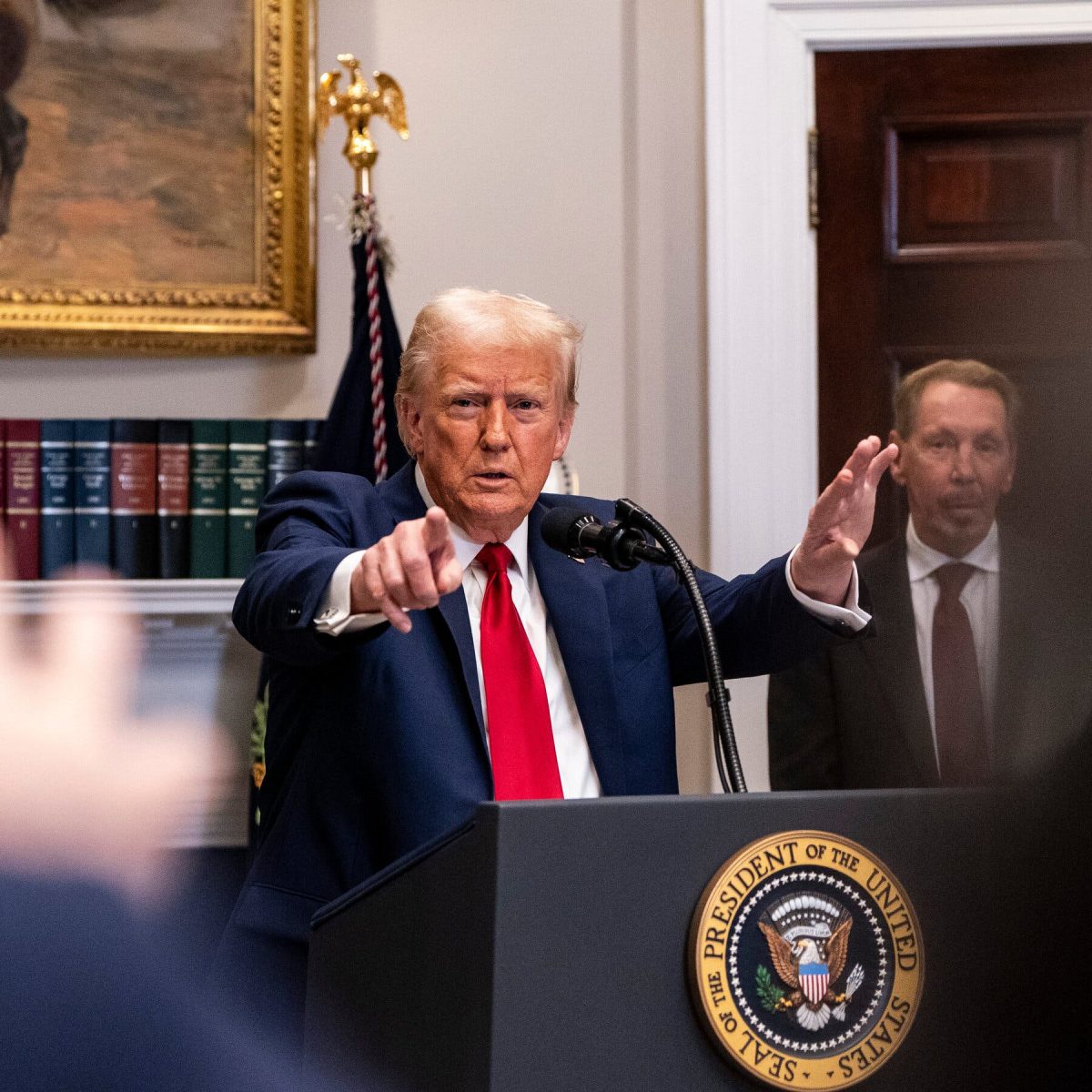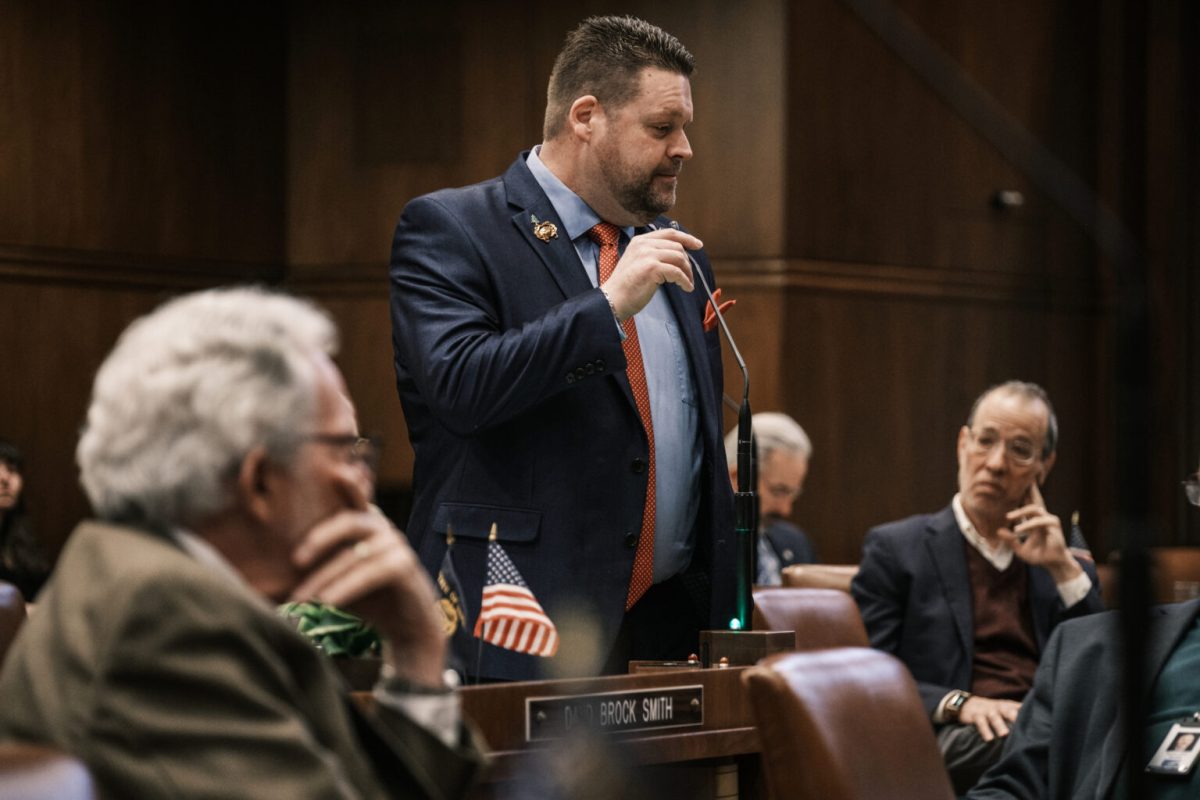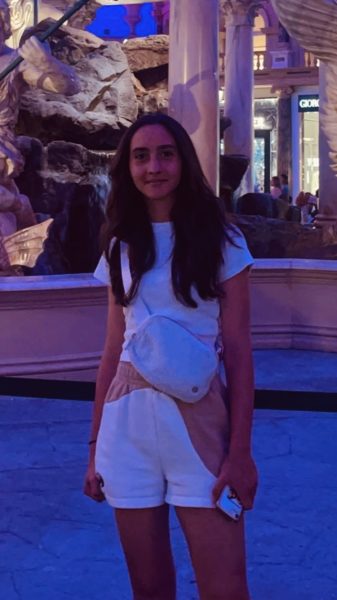Born December 17, 1936, in Flores, Buenos Aires, Argentina, the beloved Pope Francis died on April 21, 2025, ironically on Easter Monday. He passed by a stroke and irreversible heart failure but left behind a long 88-year legacy serving as the pope for 12 years. The Pope is a religious leadership title and the bishop of Rome. His purpose is to connect with Catholics all over the globe on issues of faith and morality. Over 1.3 billion people see the pope as an inspirational leader of the catholic religion and is highly appreciated. His accomplishments and achievements are on a very long list.
Being the head of the Catholic Church is a big responsibility. Pope Francis held this position for 12 years, completing a series of accomplishments and receiving plenty of recognition. His greatest contribution to the papacy was how he modernized the Catholic Church, with a focus on issues like global warming, social justice, and economic inequality. Not only did help the Church with his accomplishments, but he was also rewarded for them. In 2021, the pope was given the Presidential Medal of Freedom with Distinction by former President Joe Biden for his efforts to connect people, help the poor, and bring awareness to global issues.
On April 23, an open casket funeral was held in Vatican City in honor of Pope Francis. His funeral was viewed by millions of mourning spectators. While the pope is traditionally buried in three, nesting coffins, Francis chose to be buried in a simple wooden casket. After the funeral, the pope was laid to rest in the Vatican Grottoes beneath St. Peter’s Basilica. Many Catholics and higher-up leaders are mourning the loss of a pope with integrity, faith, and most importantly, a strong commitment to making the world a better place for everyone.
When the head of the Church dies, a new pope must be elected in a process called conclave. The new pope must be selected by the College of Cardinals and be a male baptized member of the Catholic Church. Most candidates have certain morals and actions to help better the catholic community, this trait will often help their chances of election. The most recent being in 2013 when Pope Benedict XVl resigned and Pope Francis was elected. Decision-making is a very precise process. In the 13th century, the cardinals were locked in a room until they made the decision. They were fed bread and water until the Pope was elected. After Pope Francis’s passing, the conclave lasted two days, beginning on May 7th after the mourning period. On May 8th, the next pope was announced as Cardinal Robert Prevost, who chose the papal name Leo XlV.








